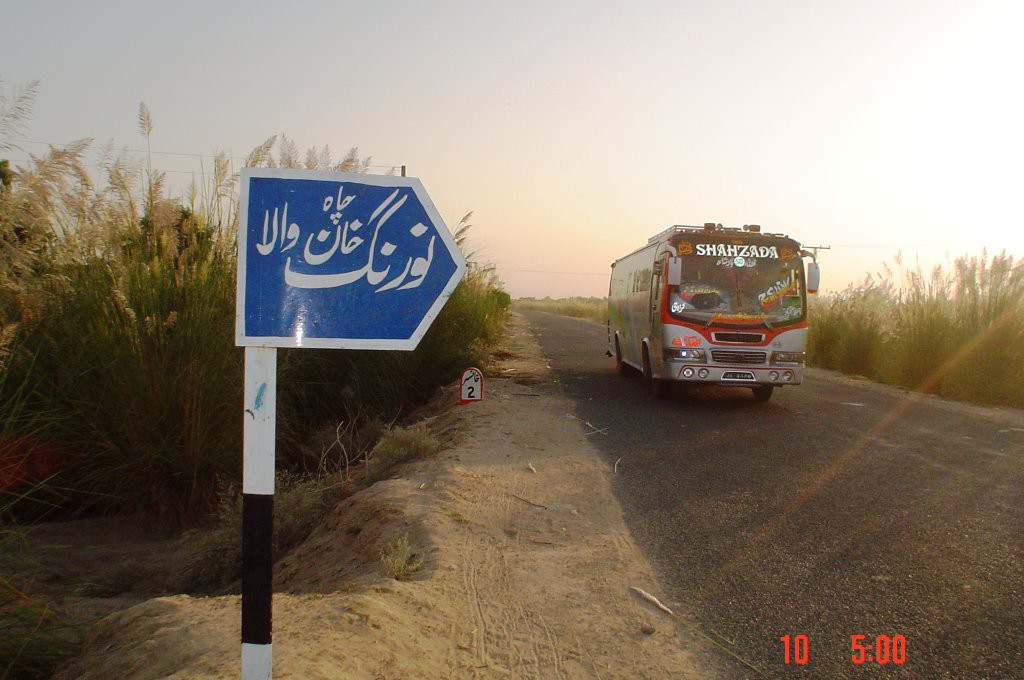A long-term traveler is a specific term for someone traveling without a home or job. A digital nomad is a person working while traveling away from his home country. Both are away from their native country. A digital nomad is working while living somewhere and may move without significant difficulty. A long-term traveler is someone who is traveling for over 2 to 3 months. Many people define long-term travelers as people traveling for six months or more.
There are many things to consider and plan for about your travel or plan to live abroad for a long time. Living arrangements, transport, and where you plan to go are among the few logistics you need to plan for.
All these considerations are multiplied for Digital Nomads and long-term travelers. While these people can buy multiple forms of insurance, the one they need most is an all-inclusive travel health insurance policy.
Ideally, Digital Nomads and long-term travelers need an international health insurance policy that applies to expat workers, international students, and travelers traveling for extended time. People under coverage can be treated under insurance coverage in their specified travel region.
This is a necessary step to take post Covid, as we all realize how fragile life can be, and wherever we are in the world, we need to be prepared for medical emergencies. Getting health and travel insurance is a great way to be prepared for medical and travel related emergencies.
Multiple health and travel insurance variants are available, so you must pick one that suits your needs and pockets carefully.
Travel Health Insurance
A travel health insurance plan is needed because it supports your existing plan. If you are insured for long-term health care in your country of origin or where you have a legal and long-term right to live. This travel health insurance plan should cover your medical expenses. It should cover expenses incurred due to accidents and any serious illness abroad.
Having such an insurance plan is particularly important for people planning to travel to countries like the US, Canada, Japan, or Australia, where government-run healthcare programs exist. If you fall ill or have an accident, you will face medical bills of tens of thousands of dollars if you don’t have insurance.
In such scenarios, having emergency medical travel insurance will help handle the costs of any urgent or life-threatening treatments in a foreign destination. However, you need to remember that travel health insurance policies should not be substituted for regular health insurance policies.
Travel insurance plans technically base their services on you being insured for treatment in your home country or place of long-term residence. They usually provide cover for emergency transportation. This means that you need to have a regular health insurance policy at your home destination.
Things to Note When Selecting Your Policy
- Whenever you expand or renew your policy or enter a newperiod of coverage, events that occurred before the expansion or renewal will be treated as pre-existing conditions and will often not be covered.
- The conventional travel insurance policies offered by insurance companies will only cover your treatment if:
- You are a legal (tax-paying) resident of that country. In some countries, if you are traveling long-term, you probably will not be covered.
- For traveling trips of a longer duration (ranging from 30 to 60 days or even 90 days), many insurers require the purchase of round-trip flight tickets for your coverage to kick in.
- If you buy insurance through a credit card policy, it is normal to require at least 50% or even 100% of the trip costs to be pre-paid with the card.
- Many insurance policies restrict the number of visits you make to your home country during the policy’s duration. For instance, if you buy a typical one-year policy and you happen to visit your home country more than once during this period, your policy will be canceled without any refunds.
- When it comes to deductibles, you need to check if the deductible is per incidentor policy period (typically up to a year). The latter is better since if you already had to pay the deductible once, you don’t have to pay it for the rest of the period/year.
Every travel plan is different, so you should read carefully what each policy covers and does not cover. The plan’s pricing will also depend on your age, home country, and destination (s) you are traveling to.
Conclusion
As a digital nomad or long-term traveler, you need to find the best insurance for your needs and area of travel. Every policy is different, as it considers its unique risk factors, your age and other demographics, medical history, travel areas, and other considerations. All these factors will determine your policy, coverage, and insurance premiums.

Sadia Zaheer holds a Masters in Business Administration from IBA, Karachi. After working in several financial institutions in Client Management, Corporate Lending, Islamic Banking and Product Management she jumped careers to pursue a career in writing.
She is a Finance, Business and HR Development writer with four years of experience. She reads a lot and takes care of her multiple cats to remain calm.





